Location

Where the studio is going to be is the biggest concern. Is it a home studio, or do you have the luxury of setting up in a dedicated location?
Each one these comes with its own concerns. Home studios typically have to take into consideration the amount of noise surrounding neighbors can tolerate. This makes investing in good headphones a major concern.
Also regardless of where your studio is, room size will big a driver to what kind of monitors you’re going to need to fulfill your needs.
What Types Of Genres and Recordings Are You Planning To Produce

The type of music you’re going to produce will vastly affect your entire setup. If you’re looking to do strictly electronic based music then the focus should be more about MIDI controllers, synths, etc. But if you’re going to be recording a lot of vocals or entire bands and live instruments, having the right amount of inputs and microphones will be key.
What Type Of Microphones Do You Need

Speaking of microphones, what will you actually need? For most people starting their own studio there are significant budget constraints. So buying a complete locker of microphones right off the bat that include everything from your Neumann U87’s to your AKG C 414 may not be feasible.
However we recommend starting out with the best and most versatile microphone you can afford. Like this Rode NT2-A.
What Type Of Plugins or Physical Processors Do You Need

Most studios being setup today are designed to support completely “in the box” music production and recordings. And while your DAW will come with good stock plugins, getting a great set of 3rd party dynamic and time based plugins will be key to taking your music to the next level. We recommend looking at what Waves has to offer as a start.
Additionally, although most modern studios are setup for digital recording, having some vintage compressors could go a long way in creating a great and unique sound for your studio.
Mastering
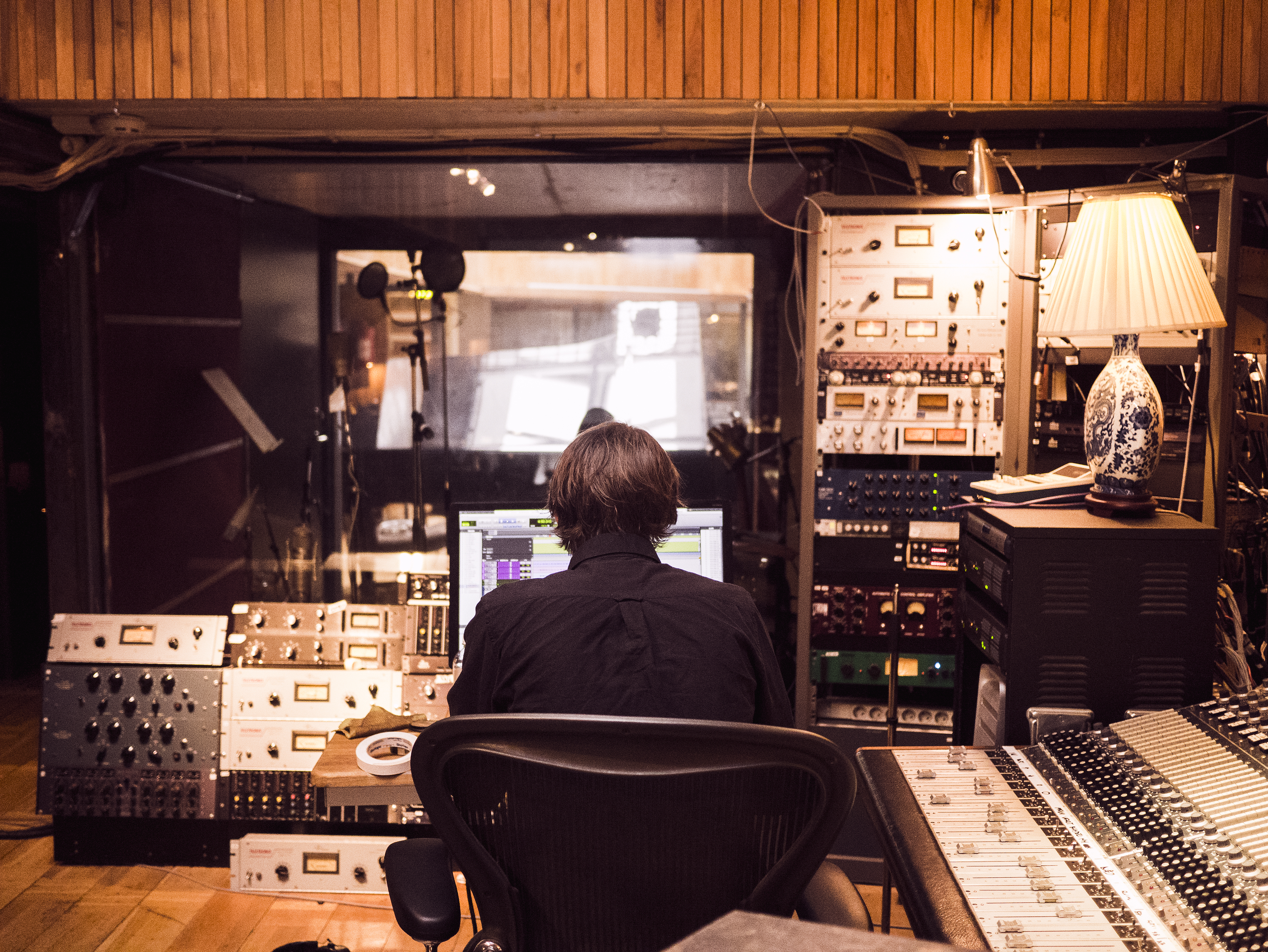
Are you going to master your own tracks or will you outsource it someone else? Mastering your tracks is such an important step to take before releasing your work that having a more experienced person do it may be your best bet.
However, if you do choose to master in your new studio, things you need to consider are: A separate set of monitors specifically for mastering. You’ll also need to select the right software that you’ll use to master your tracks. There’s a plethora of options these days like iZotope Ozone or Waves SSL G-Master.
Future Proofing Your Computer
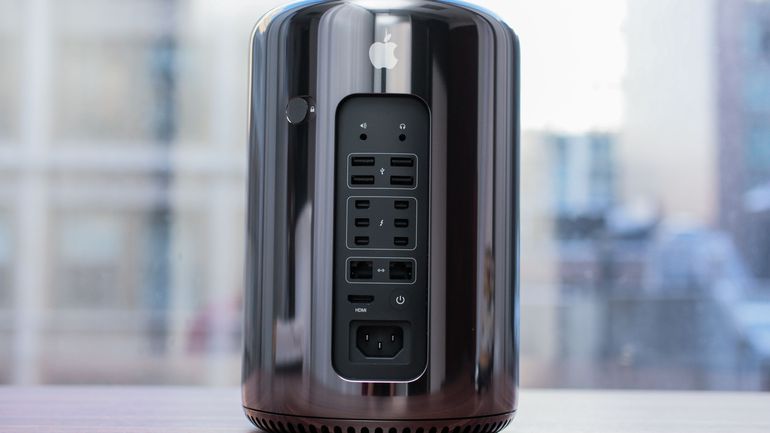
These days your computer serves as the central hub of the studio. So you need to dedicate as much of your budget you can to your computer.
Processor speed, RAM, and fast writing hard drive should be the main areas of focus. And if you can’t afford to get everything that you want at the start, get a device that is expandable so you can upgrade down the line.
Inputs and Outputs
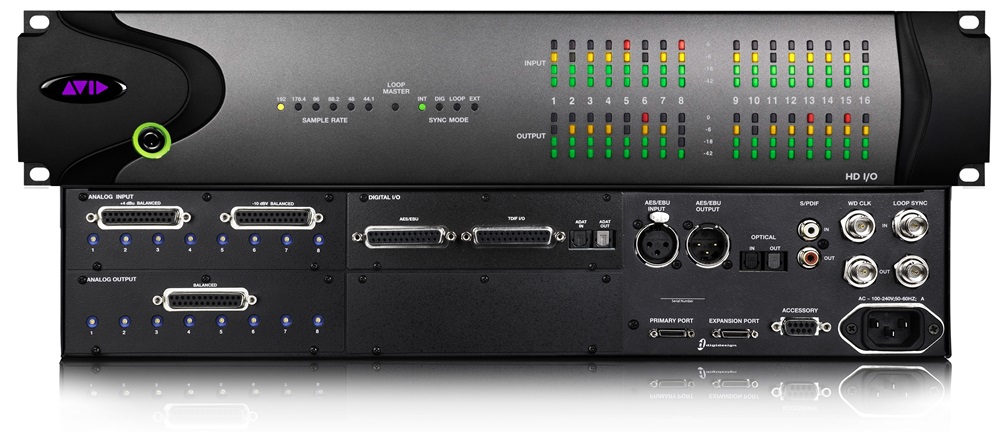
As mentioned earlier depending on the genre of music you’re producing you may need a larger number of inputs to produce your recordings. This is something to keep in mind as you purchase your audio interface for your setup. If you know that you’ll be recording live bands be sure to get something that can track at least 8 mics at a time.
Don’t Skimp On Cables

You don’t need to spend a fortune on cables. But you shouldn’t buy the cheapest ones either. Your setup is only as strong as your weakest link. So get reliable cables with good reviews and you should be fine.
The Little Stuff
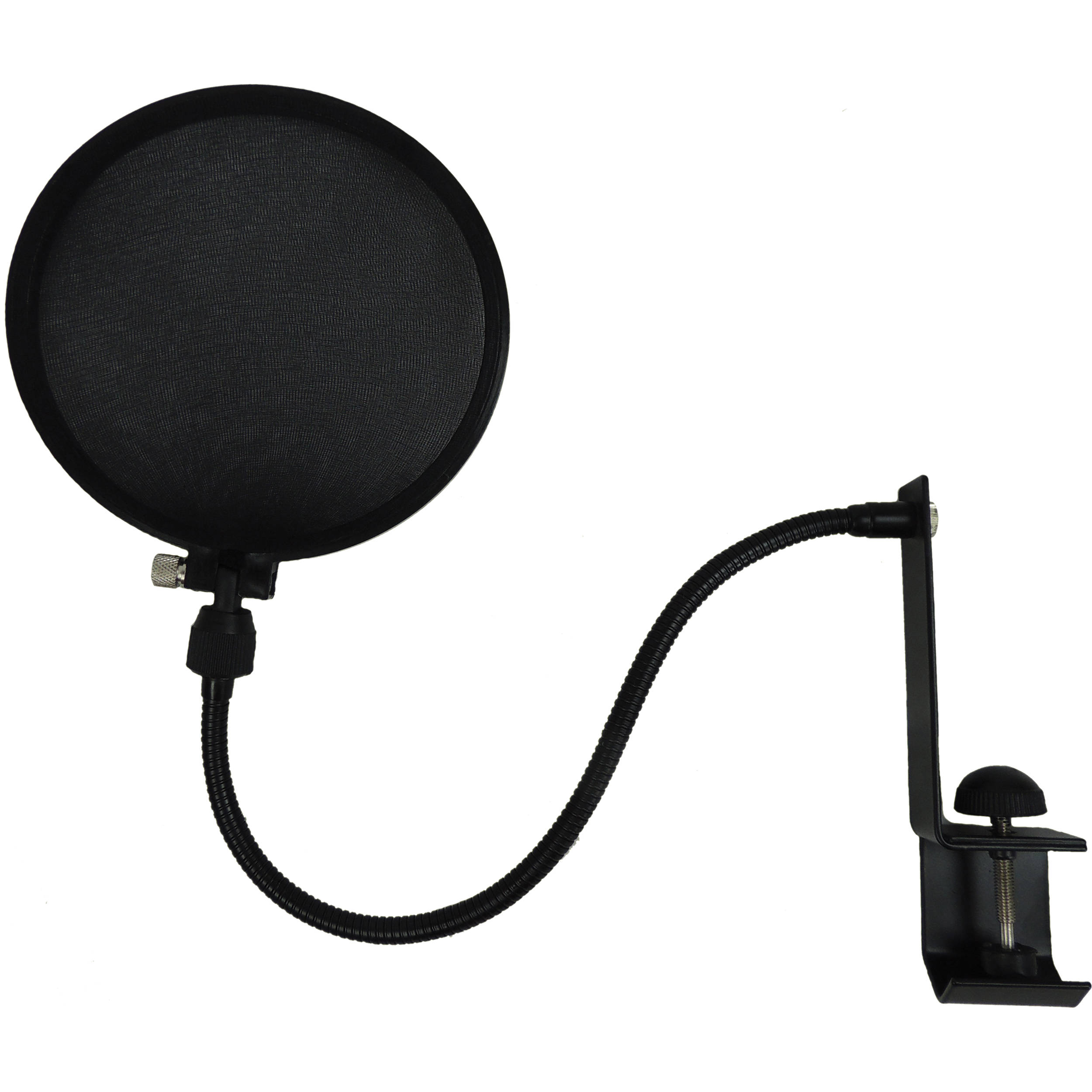
Speaking of cables, while it’s natural to get caught up in the big items for your studio don’t forget the little and more mundane things like cables, furniture, pop shields, headphones etc.
These things can add up very quickly and when they’re missing it can completely break the work flow, which is something you never want when working creatively.
Sound Isolation
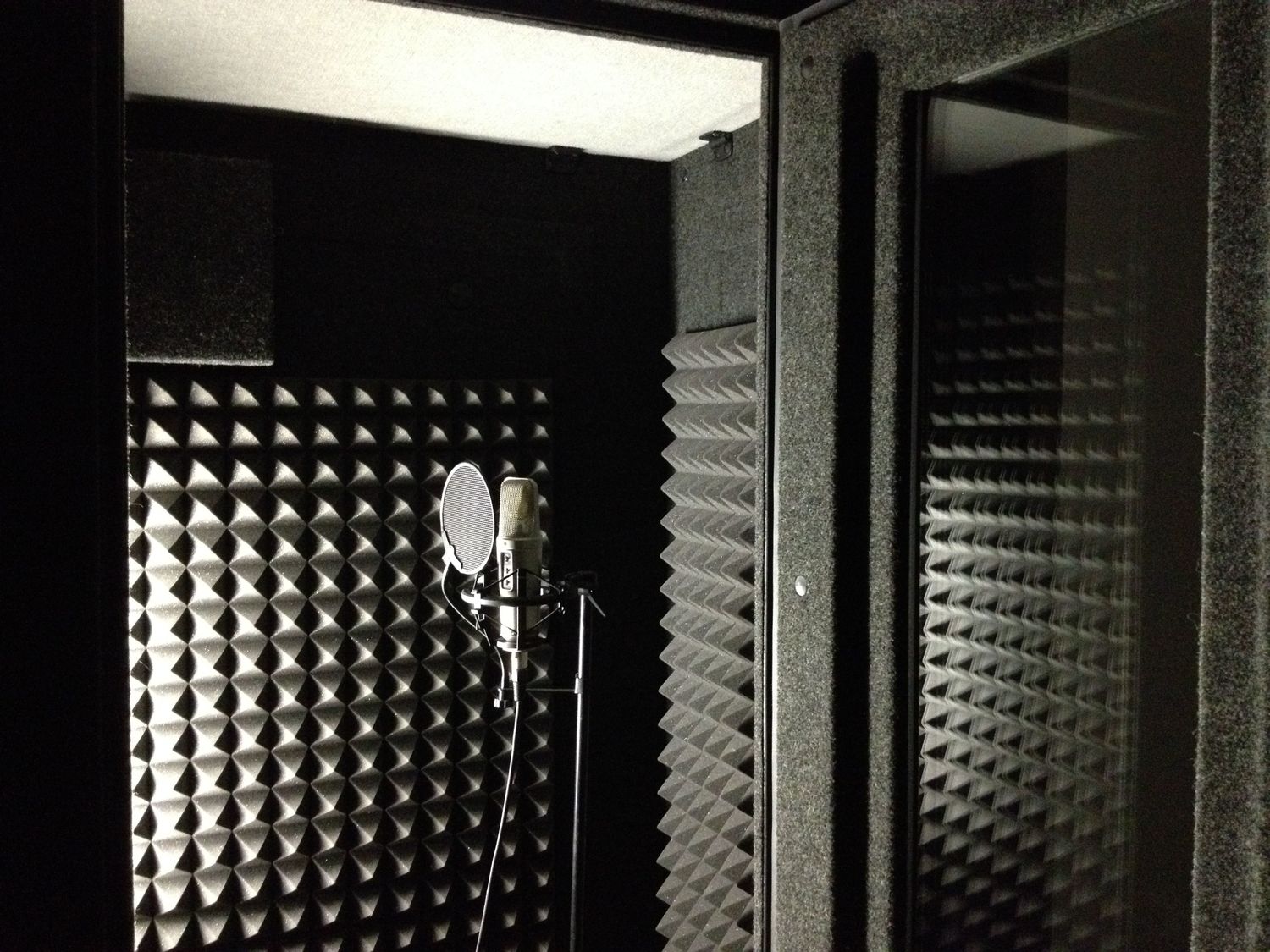
If you have a small modest space for your studio you probably won’t have room for an isolation booth. But you can find some innovative ways to create sound isolation like the Primaacoustic VoxGaurd.

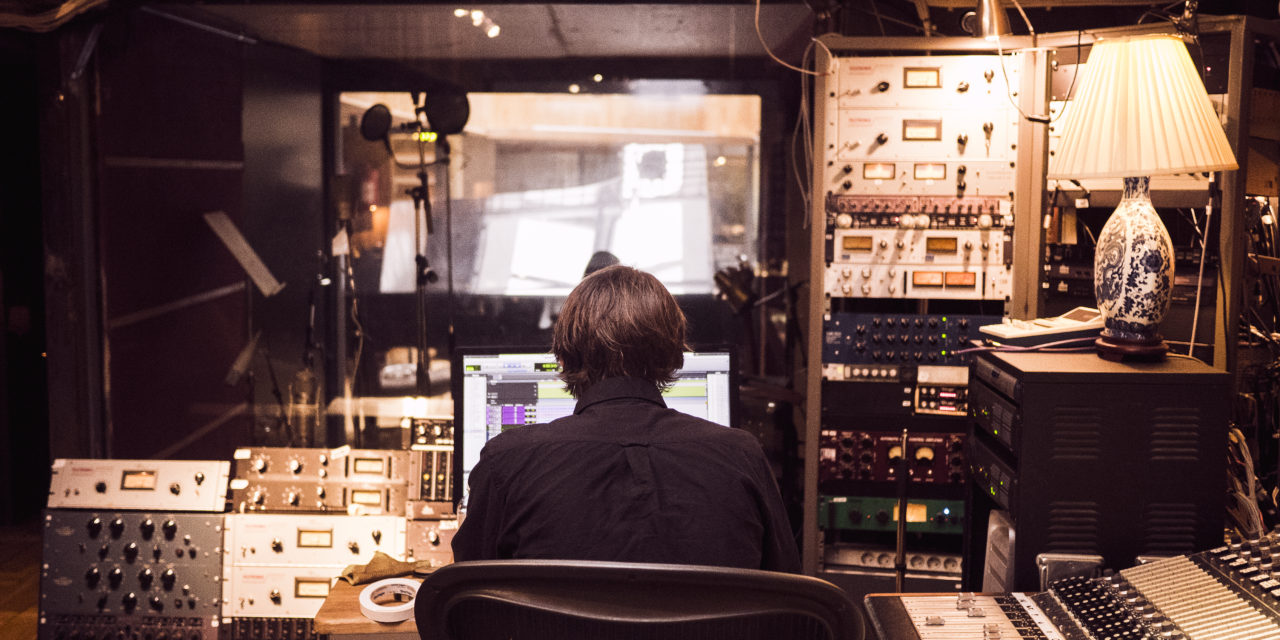
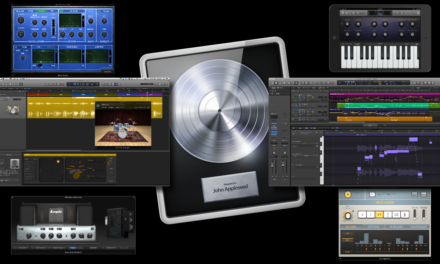
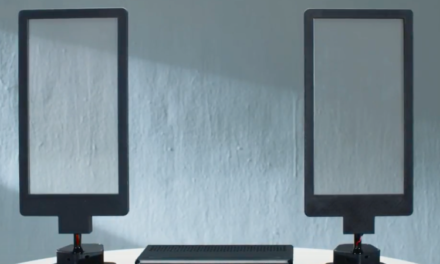
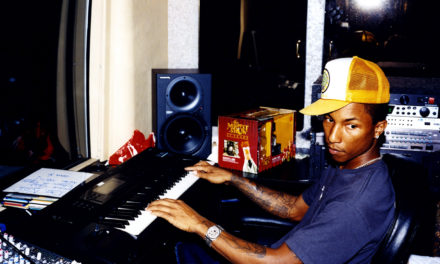
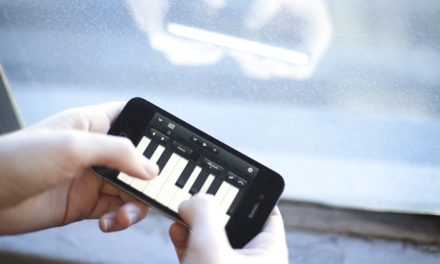
Recent Comments